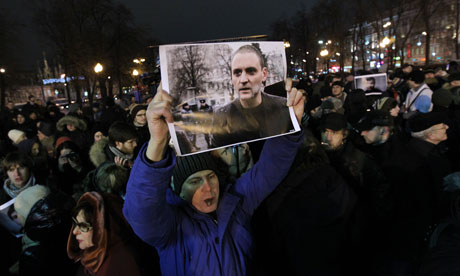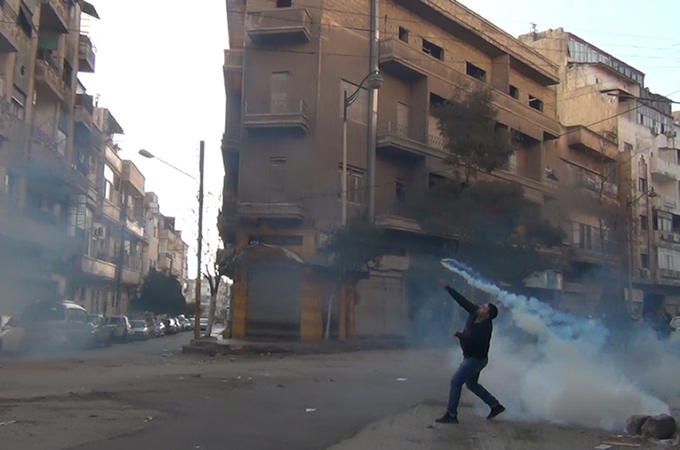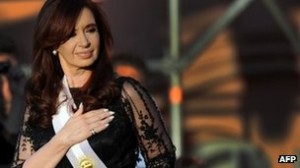By Carolyn Abdenour
Impunity Watch Reporter, Middle East
BEIT SHEMESH, Israel – After ultra-Orthodox extremists harassed eight-year-old Naama Margolese, rallies erupted against ultra-Orthodox Jewish extremism. On her way to school, these extremists spat on Naama and called a prostitute for her immodest school uniform of long-sleeved shirts and a long skirt.

Beit Shemesh borders an ultra-Orthodox area and a modern Orthodox Jewish community with many American immigrants, including Naama’s parents. Tensions have increased over the years between secular Jews and ultra-Orthodox Jews who want a strict interpretation of religious law. Naama’s religious school moved to this location in September, and the ultra-Orthodox view the school as a territorial infringement.
Almost daily for months, dozens of ultra-Orthodox men physically confront and verbally harass the 400 school girls asserting the girls’ presence is a provocation.
Naama said, “When I walk to school in the morning I used to get a tummy ache because I was so scared…that they were going to stand and start yelling and spitting…They were scary. They don’t want us to go to school.”
Israel became enraged when they saw Naama crying on her walk to school during a local news report. The Israeli leadership issued statement of outrage, nearly 10,000 people joined a Facebook page to protect Naama, and thousands of Israelis demonstrated on Tuesday in her honor.
President Shimon Peres supported the rally. He stated, “The entire nation must be recruited in order to save the majority from the hands of a small minority.”
Protestor Kinneret Havern added the rally combats “all the extremist elements that are rearing their heads and are trying to impose their worldview on us”. People held signs staying “Stop Israel from becoming Iran” and “Free Israel from religious coercion”.
As journalists came to Beit Shemesh to report on Naama, extremists jeered and threw eggs at them. Furthermore, “modesty patrols” required chaste appearance of female by throwing stones at outsiders and violators and calling women whores. The ultra-Orthodox population has also posted signs for sidewalk segregation of sexes and for a woman’s dress code of closed-necked, long-sleeved blouses and long skirts.
300 ultra-Orthodox men and boys threw eggs and stones at police for requiring the sidewalk segregation sign removed on Monday. Officers detained several people and one officer sustained injuries. Although the ultra-Orthodox activists stated they condemned the violence, they claimed the media initiated the violence to make the obedient residents look bad.
On Thursday, Naama returned to school welcomed by Education Minister Gideon Saar and members of the Knesset’s Committee on the Status of Women. Mr. Saar said Israel will not “back down in the face of bullying and threats.”
For further information, please see:
Haaretz – Israeli 8-Year-Old Returns To School For First Time Since Accosted By Haredi Men – 29 Dec 2011
The Sydney Morning Herald – Fury At Ultra-Orthodox Jews After Girl Abused – 29 Dec 2011
BBC – Israelis Rally Against Ultra-Orthodox Extremism – 27 Dec 2011
USA Today – Israeli Girl’s Plight Highlights Jewish Extremism – 27 Dec 2011



